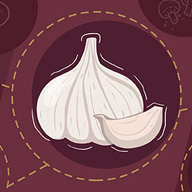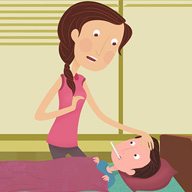Children may not have the responsibilities of adults in their day to day lives, but we cannot underestimate the kind of stress they face regularly. As adults, we often push our stresses against our children's – believing that they live a carefree life. Though parents aim for it to be so, there are some stresses children face that are essential to their development as people. Be it making new friends, being tasked with challenging projects or even coping with their development into young adults – there is still a fair bit that children face.
Meditation is an important habit to inculcate from a young age. As is the case with meditation, it is never a case of 'one size fits all'. It is always a struggle to get children to sit still and meditate for extended periods. The most common types of meditation involve concentration on breathing or movement. Yoga is a well-known movement-based meditation and is great as an introductory form of meditation. It involves focus on movements and breathing and works great for children and adults trying any form of meditation for the first time.
Any session of yoga always ends with a few minutes of meditation to bring the mind into a rested state. If you feel it is not possible to find the time or space to practice yoga with your child or to find a trained professional to do so, another alternative is to focus on breathing-based meditation. Do not expect your child to sit longer than 5-7 minutes on their first week or two of breathing based meditation as it is not possible. Much like adults, the minds of children are distracted and it isn't easy to stop the mind from wandering. Work on having short spans of concentrated meditation rather than long periods of distracted meditation. As the saying goes, it is quality rather than quantity.
Meditation plays an important role in bringing the mind at peace, and in turn, emotions and the body follow. Research has shown that a regular meditative practise goes a long way in preventing disease in the future. Much like all other habits, one inculcated at a young age is far easier to maintain through life. Physical benefits also include the fact that it calms the nervous system and in turn reduces stress. All of these factors play a larger role in shaping how children face their issues and tackle problems in the future.







